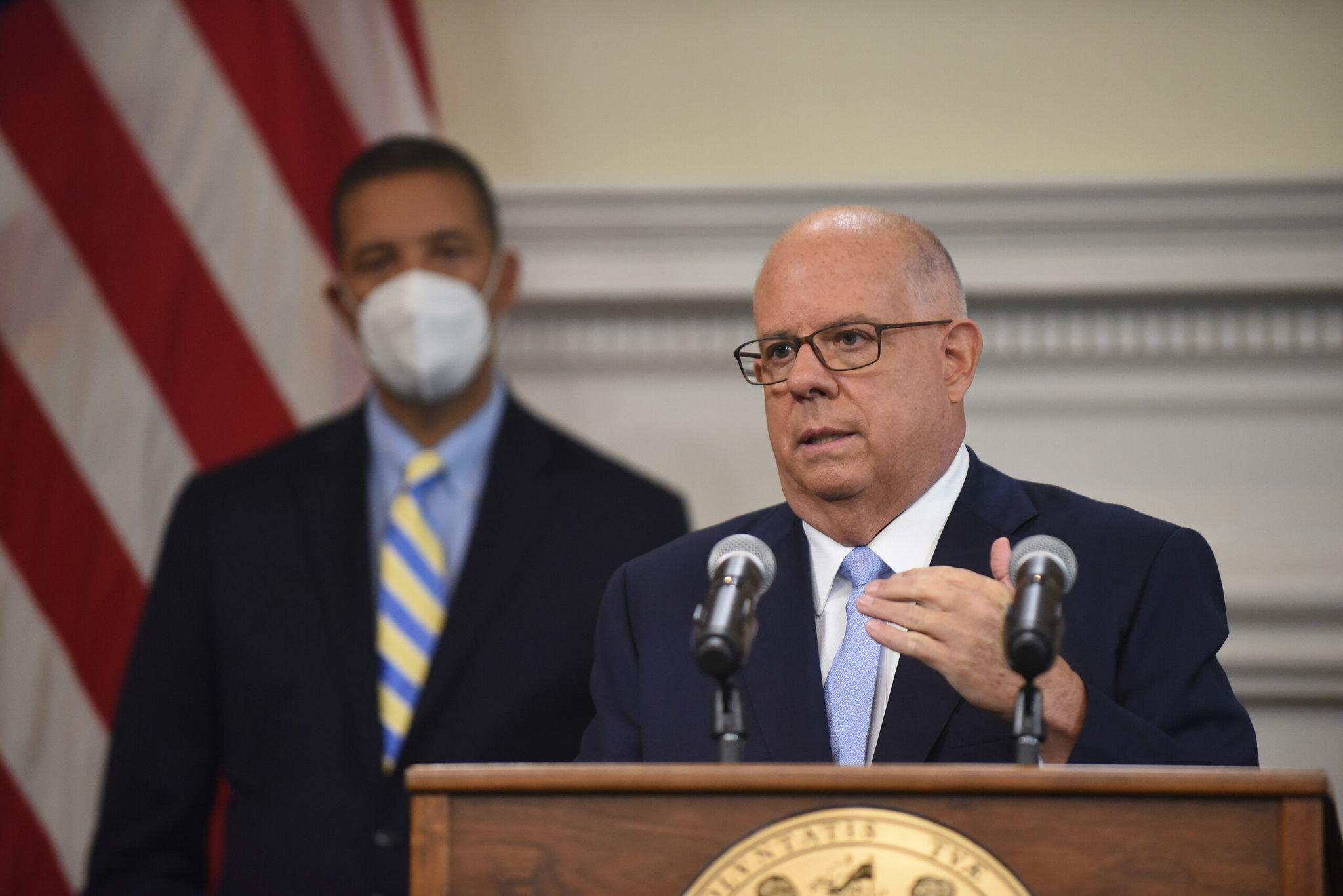Your average American bro doesn’t seem to want to go college anymore. While their parents may worry about their future, the young men themselves don’t seem to be fussed.
The reasons are many and they are affecting not just men, but women also. Find out why there are more likely young female students on campus than male.
Research Stats

First, the stats. Comparing the numbers between 2011 and 2022, the Pew Research Center found that there are fewer young people in college.
About a million young men and 0.2 million young women don’t go to college as of the 2022 count. In total, only 44% of young men make up the number of college students today. Back in 2011, there were 47% male students in colleges.
4-Year Vs. 2-Year Colleges

By college, the census means 4-year college education, which has seen a drop in enrollment in recent years.
In community colleges (what’s known as 2-year colleges), the drop in enrollment is similar between genders. Young men going to community colleges make up 49% of students aged 18 to 24 — this is, in fact, slightly up from the number in 2011, which was 48%.
The High Schoolers

Even more concerning is how only 39% of male high school grads enroll in colleges. This number is down from 47% in the 2010s.
But their female counterparts also don’t enroll as much as before. The female high school grad drop in percentage is lower, though. They went from 52% to 48% in the span of 11 years.
Ethnic Differences

Ethnicity doesn’t seem to play a major part. Both White and Hispanic male high school graduates are shying away from 4-year colleges.
In 2022, only 33% of students are young Hispanic men, 37% are Black, and 40% are White. This is an all-around drop from the 2011 numbers. Overall, it’s the female graduates who have the drive to continue their education in college. Their total number is 50% of college attendees in 2022.
Mass Skepticism

The driving force behind why young men don’t want to go to college seems to be skepticism. Not a lot of people believe in the power of a university degree anymore.
Athena Kan, CEO of Dreambound, a platform specializing in career and technical training, said, “There’s been a big backlash against expensive 4-year colleges whereas trade schools or apprenticeships are on the rise. Men, especially white men, are much more likely to enter the trades or enter the technology industry, where a degree also isn’t required.”
Fear of Debt

Let’s not forget about how expensive it is to go to college. Accumulating student loan debt is also not making a 4-year college education enticing.
Young people seemed to have wised up about how bad student loan debt could get, with TikTok content creators now striving to educate their peers. And frankly, the student loan statistics are terrifying if anyone cares to delve deeper.
Employers’ Turnaround

Prospective students are not wrong to ditch college in favor of going straight to the workforce. After all, many employers are no longer requiring a college degree to recruit.
The Freedom Economy Index, a collaborative project of RedBalloon and PublicSquare, surveyed 70,000 small businesses and the results were surprising. 91% of those small businesses were of the opinion that recent college grads didn’t gain any relevant skills matching the business community’s needs today.
No Degrees for Big Companies

More shocking than small businesses not seeing the value in a college degree is how big companies, too, are seeing the same problem.
Big companies like Bank of America, Walmart, and even Google and IBM will no longer ask for a college degree when students apply for entry-level jobs. Furthermore, a predicted “1.4 million jobs could open to workers without college degrees over the next five years,” the Burning Glass Institute reported.
No Degrees for Government Jobs

And good news for students without a college degree in 12 states, including Maryland, Pennsylvania, and Florida. They can still get a government job.
Maryland Governor Larry Hogan was the first one to start offering jobs for non-college grads. Utah Governor Spencer Cox even stated, “Degrees have become a blanketed barrier-to-entry in too many jobs. Instead of focusing on demonstrated competence, the focus too often has been on a piece of paper. We are changing that.”
The Writing on the Wall

A Washington Post columnist had already read the signs back in 2021. She attributed the phenomenon to feminism and woke ideology.
It does appear that young women, more than men, see more benefits to completing a college education. Athena Kan corroborated it by saying women are more likely to “get accepted into college” and “have better grades.” Plus, women are just “better at planning ahead.”
Gender Pay Gap

With gender inequality currently coloring the pay gap issue between male and female workers, can it be that soon we’ll see a reversal of the roles?
If it’s true that more and more companies will hire entry-level employees without a degree, that reversal may just happen. But these young men must still know that college grads still make $1 million more than the others. It’s all up to them whether they want to be super rich or not.
